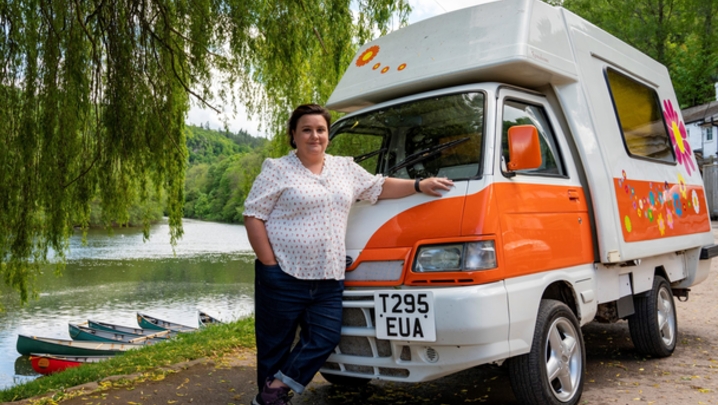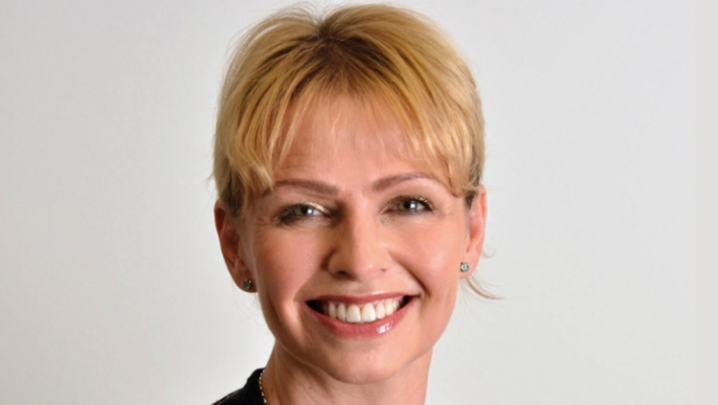A new training fund is aimed at workers in genres such as specialist factual who want to build careers outside London.
Before the pandemic, the UK production sector was stretched for talent, thanks to its extended boom. Now, as the sector revs back up to full speed, the skills issue is becoming even more pressing.
With the help of people across the industry, ScreenSkills has unveiled a new Unscripted TV Skills Fund. It will draw on around £3m of investment to provide training for talent. The money will come from participating producers and broadcasters, which will make contributions each time an unscripted show is commissioned. So far, the BBC, Channel 4, Sky, A+E Networks UK and Discovery UK have signed up.
At an RTS event to launch the scheme on 1 June, some of the industry’s leading lights gave their thoughts on how it could strengthen the sector.
The fund had been a long time in the making, as it required input from all areas of the industry, explained Channel 4’s Managing Director for nations and regions, Sinéad Rocks. She said it had “the potential to be the game changer” and the “long-term intervention” required in unscripted.
Two Rivers Media Managing Director Alan Clements, who is on one of the fund’s working parties, said it provided “really long-term planning, which is what we need”, and would help people “build careers outside of London”. The genres covered by the new fund include specialist factual, sport, entertainment, current affairs, arts and classical music.
Crucially, says ScreenSkills, “a minimum of 50% of beneficiaries will meet at least one industry-recognised diversity and inclusion target”. At least half of the money will go to train people in the nations and regions; moreover, at least half of the training expenditure will back out-of-London trainers.
Monkey Kingdom MD Sam Lawrence argued that it would “aid all of our diversity and inclusion [initiatives]” and would “help level the playing field” for freelancers. Clements said he had lived through three waves of the industry pledging to do more in the nations and regions, but “this time it is real and, more importantly, it is irreversible”.
Channel 4 has opened a national HQ in Leeds plus hubs in Bristol and Glasgow, and, over the next six years, Director-General Tim Davie has promised that the BBC will “shift its creative and journalistic centre away from London”. Rocks said that being based in costly London had long been one of TV’s biggest barriers to entry.
All three panellists said the fund would offer help not just to young people entering the business, but also to unscripted production workers wanting to move up the career ladder and mature workers wanting to retrain.
Clements said that the availability of regular work in the nations and regions was tied to training: “That is the thing that’s really going to change the dial.” Currently, there were “shortages of everything” from production accountants to editors.
Lawrence noted that, in London, “we’re all fighting over everybody at every level” and rates were being pushed up. A particular gap was in production management, and “you can’t hire a production co-ordinator for love nor money”.
Rocks said that CVs received from people in the regions had demonstrated how impressive those workers were, but it had also shown how broadcasters were becoming less attractive to the younger generation. They were finding alternative, more lucrative and flexible options in social media, advertising and technology companies.
In an era of short-term freelance contracts, “we need to make television more attractive again”, argued Lawrence, and to “show that TV is a… long-term career with a little bit more security around it”.
As Clements said, “You should be able to do what you want and to live where you want – and [enabling] that would be a measure of [the fund’s] success.”
Report by Tara Conlan. ScreenSkills and RTS jointly presented and produced ‘The future of unscripted – people, places and amazing programmes’ on 1 June. It was chaired by Lynn Barlow.





